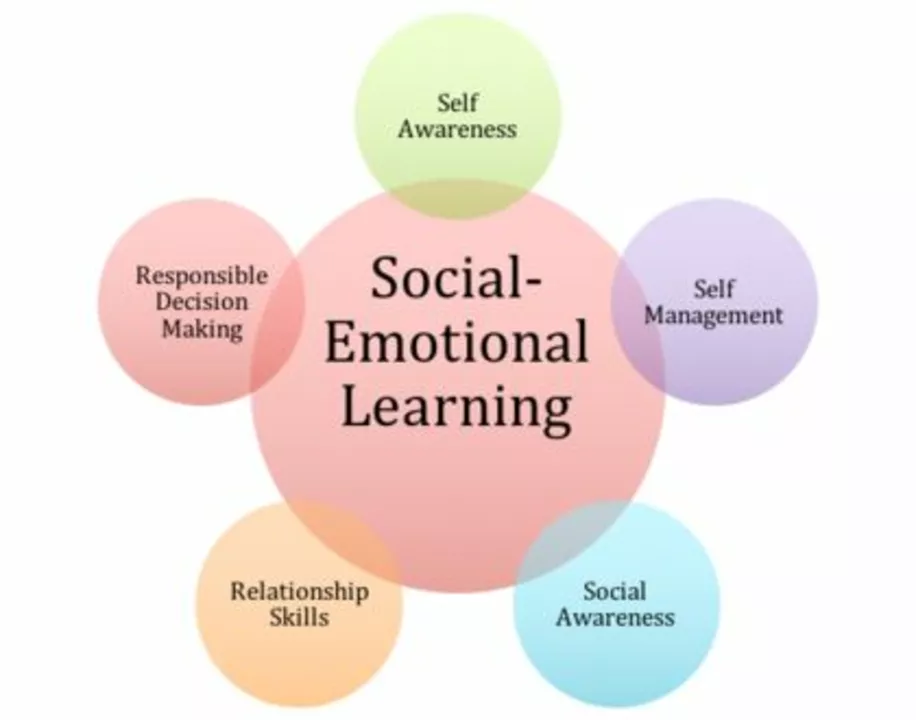Social Support Networks: How to Find Real Help and Community
Feeling alone with a health problem, caregiving role, or big life change? Social support networks can cut that stress and give useful help—emotional backup, practical assistance, and trusted tips from people who’ve been there. This page shows where to look, how to pick a good group, and how to get the most out of it.
Support usually shows up in four ways: emotional (someone to listen), informational (how-tos and resources), practical (rides, meals, help with chores), and appraisal (feedback on decisions). Figure out which one matters most to you first—then look for groups that match.
How to find the right network
Start local and online. Ask your doctor, clinic social worker, or local hospital for group recommendations. Check community centers, faith groups, and nonprofits focused on your condition. Online options include Facebook groups, condition-specific forums (like PatientsLikeMe or HealthUnlocked), Reddit communities, and disease charity pages. Meetup and local bulletin boards also list peer groups and workshops.
When you evaluate a group, watch for clear moderation, active members, and simple rules about privacy and respect. Red flags: medical advice presented as fact without sources, pressure to buy products, or requests for money from members. If a group is large but silent, it may not be useful—smaller active groups often give better real help.
Make support actually useful
Show up with a small goal: get one practical tip, one professional contact, or one person you can call when you’re low. When asking for help, be specific—don’t say “I need help,” say “Can anyone drive me to my clinic on Tuesday at 10?” Specific asks get real results.
Give and take. Offer small help back when you can—sharing a resource or checking in by text builds trust. Set boundaries: decide what you’ll share publicly and what stays private. Online groups are great for experiences and tips, but always verify medical suggestions with your clinician before trying them.
Keep safety in mind. Don’t share full ID numbers, home addresses, or financial info. Meet in public for first in-person meetings, or bring a friend. If someone pressures you or makes you uncomfortable, leave and report them to the group admin.
Use practical tools: schedule weekly check-ins with a friend, keep a list of community resources (transport help, meal services, respite care), and save reliable links from group members. If you’re a caregiver, create a shared calendar for volunteers to sign up for tasks—small tools reduce burnout fast.
Try one or two networks for a few weeks and note what helps. If a group drains you instead of supporting you, walk away. Social support works when it’s active, safe, and aligned with what you actually need. Start small, be specific, and you’ll find people who make a real difference.

